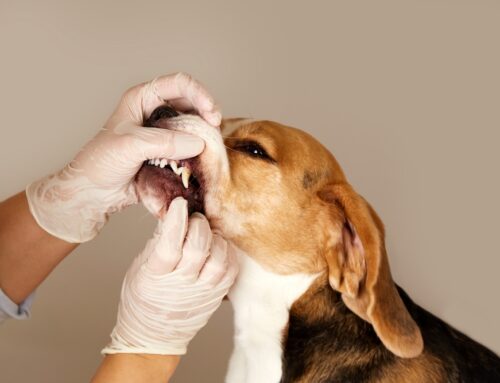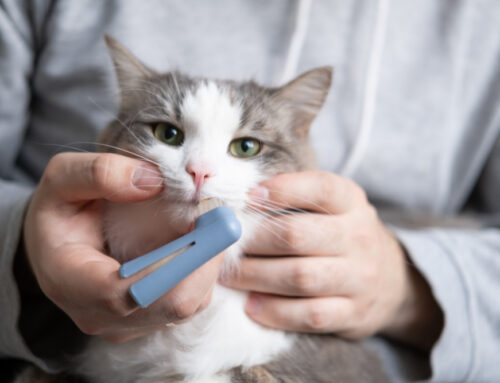Why is My Older Pet Slowing Down?
As pets age, many pet owners at Cane Bay Veterinary Clinic have noticed a common trend: their beloved animals seem to be slowing down. This observation is not unique to our community in Cane Bay, South Carolina, but is a universal aspect of pet aging. Understanding why this happens, recognizing the symptoms, and knowing when to seek veterinary help are crucial to managing the health of your aging pet.
Understanding the Natural Aging Process in Pets
What exactly does it mean when we refer to a pet as “older”? Generally, pets are considered senior based on their species and breed. For instance, larger dog breeds may be considered senior by 6-7 years of age, whereas smaller breeds might not reach this stage until they are 10-12 years old. Cats often enter their golden years around the age of 10.
As pets age, they undergo biological and physiological changes that can significantly affect their activity levels and behaviors. These changes can include decreased muscle mass, slower metabolism, and less efficient body systems, which all contribute to the slowing down process.
Medical Reasons Why Older Pets Slow Down
Several medical conditions can cause older pets to slow down, including:
- Joint Issues: Arthritis is prevalent in aging pets and can lead to symptoms such as stiffness, limping, or difficulty getting up.
- Heart Disease: Older pets may experience decreased stamina and endurance due to heart conditions.
- Metabolic Disorders: Conditions like diabetes or thyroid issues can drastically affect your pet’s energy levels.
- Cognitive Dysfunction Syndrome: Similar to dementia in humans, this syndrome affects how pets perceive and interact with their environment, often leading to disorientation and decreased activity.
Recognizing the Symptoms: When Should You Be Concerned?
It’s important to monitor your senior pet for specific symptoms that could indicate underlying health issues:
- Changes in sleep patterns
- Unexplained weight loss
- Apparent confusion or disorientation
- Reduced interest in playing or walking
Regular veterinary exams are essential to catch these early signs of disease. Our 5 Tips to Support Your Senior Pet provide additional guidance on caring for your aging pet.
Preventative Measures to Keep Older Pets Healthy

To help your senior pets maintain a good quality of life, consider the following preventative measures:
- Diet and Nutrition: Tailor your pet’s diet to their specific health needs to manage weight and provide necessary nutrients.
- Regular Exercise: Keep them moving with activities appropriate to their ability, which helps maintain mobility and cardiovascular health.
- Routine Veterinary Care: Regular check-ups are vital to monitor health status and manage any emerging issues effectively. Learn more about our Preventative Care services.
How Cane Bay Veterinary Clinic Can Help
At Cane Bay Veterinary Clinic, we offer specialized care for senior pets. Our diagnostic and treatment options are designed to manage conditions commonly seen in older pets efficiently. We also emphasize a Fear-Free approach to make visits as stress-free as possible for your senior pets. Discover more about our Diagnostics and Fear-Free services.
Conclusion
Recognizing why your older pet is slowing down is the first step toward helping them enjoy their senior years comfortably. At Cane Bay Veterinary Clinic, we are dedicated to providing compassionate and effective care to ensure your pets remain healthy and happy throughout their later years.
Are you noticing changes in your senior pet’s behavior or health? Don’t wait. Contact us today to schedule a check-up and ensure your pet receives the best possible care during their golden years.






Leave A Comment